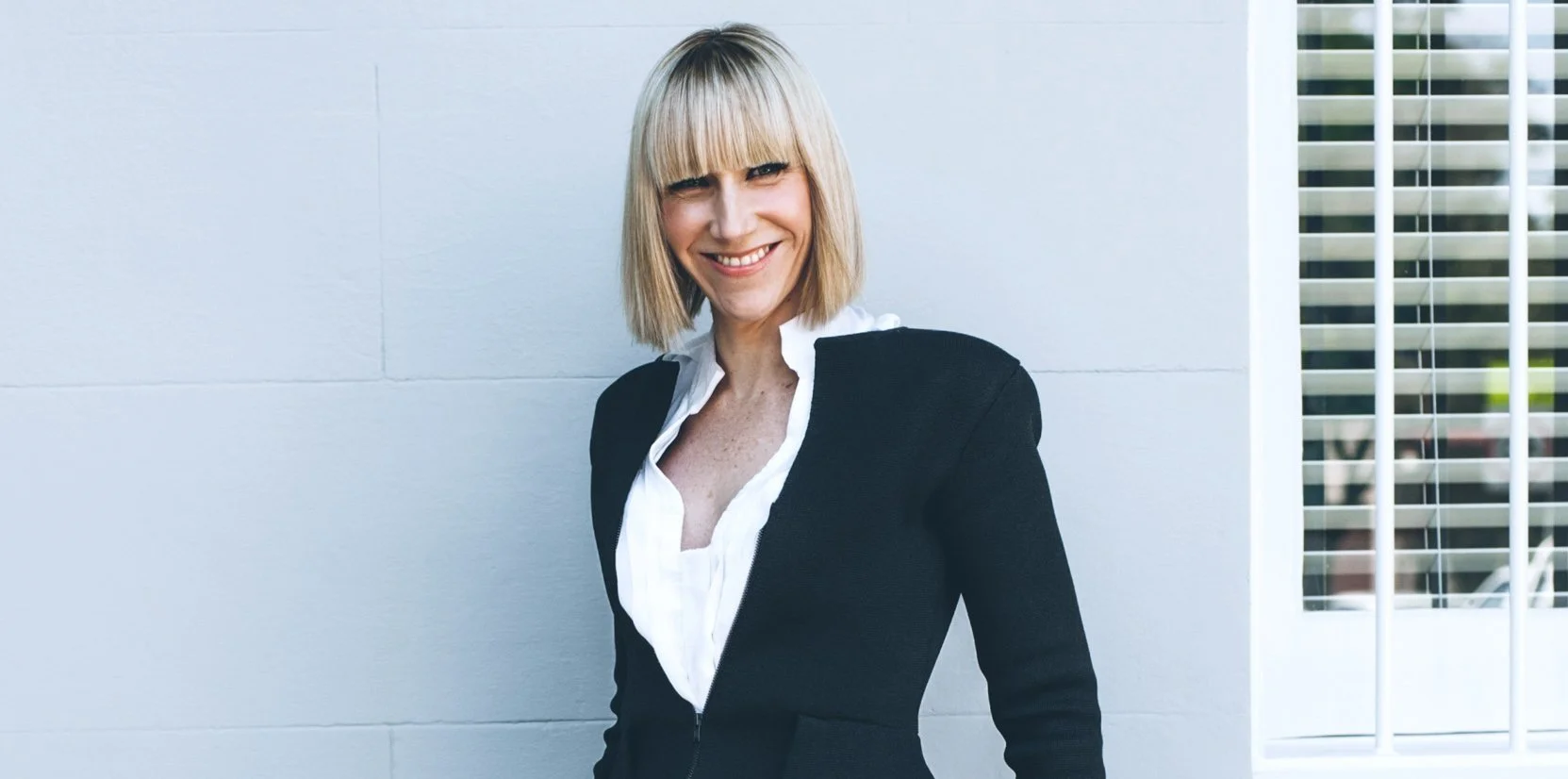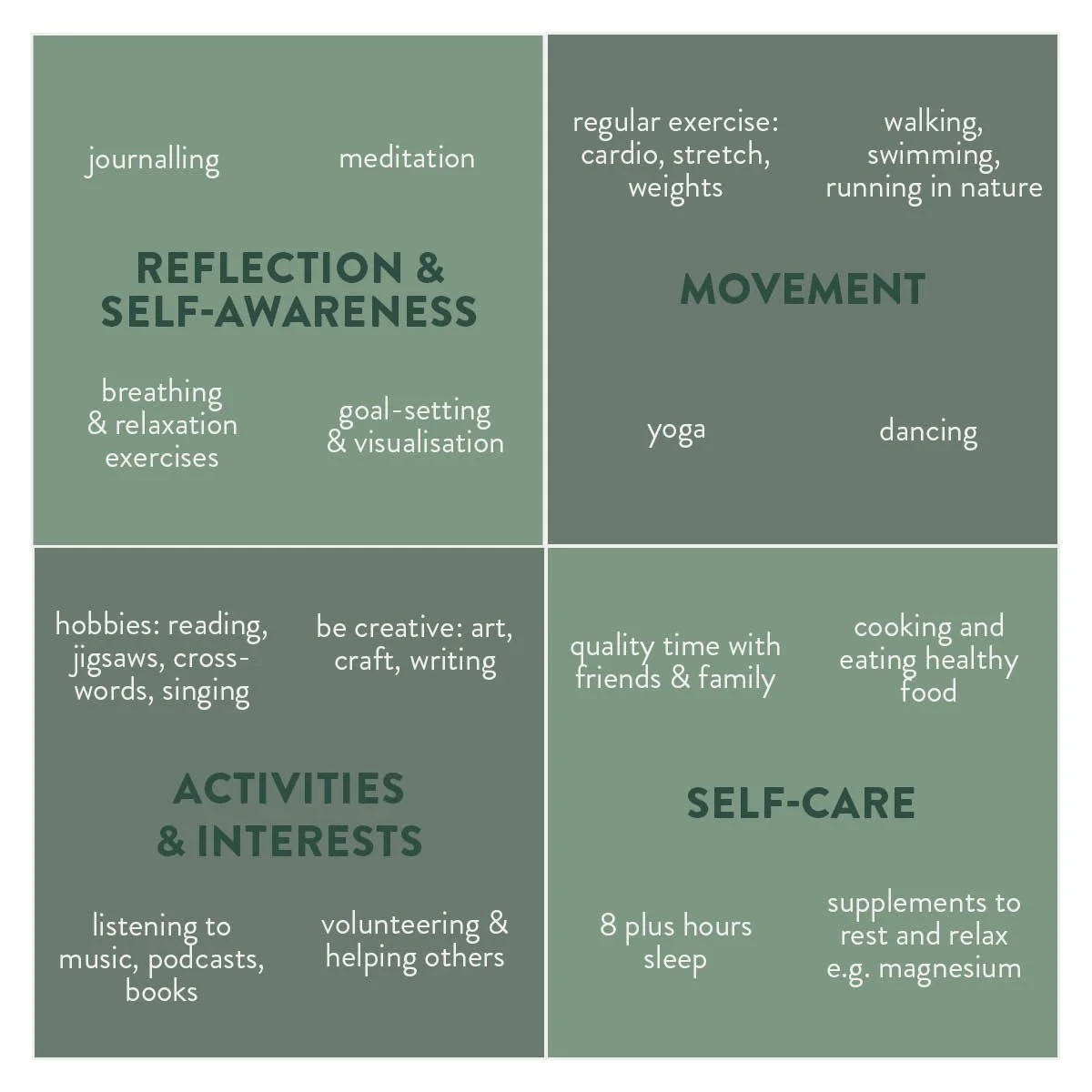Stress: Reacting or responding?
Picture this … you’ve had a big day. It’s been full-on: stressful, challenging, frustrating, irritating.
Your reaction is that you’re over it and a glass of ‘something’ is just what you need. That first sip gives you a sweeping a sense of relaxation through your entire body doesn’t it? You feel like your mood has lifted, you’ve switched gear and the stressful day seems a mile away as your endorphins and serotonin get a temporary boost.
But is reacting to the stress you are experiencing with a drink the best approach? You associate having an after work drink with relaxing, enjoyment and switching off. However, drinking alcohol is actually adding to the stress you are experiencing by:
Lowering your mood and your energy - alcohol is a downer
Magnifing feelings of anxiety and dread
Disruping your sleep and increasing daily fatigue
Sabotaging healthy habits such as fitness, healthy eating, etc.
Suppressing your immune system
Increasing your risk of developing serious health issues e.g. weight-gain, heart and liver disease
Drinking alcohol when you are stressed, or worse still burntout, to help you decompress is actually like adding fuel to a raging fire.
It’s scientifically proven that drinking alcohol is making stress worse. So, how can you respond to stress in a way that helps you feel calmer, focused and more in control? I believe there are four types of choices you can make:
💚 Reflection & self-awareness practices
💚 Regular movement
💚 Activities and interests outside work
💚 Healthy self-care habits and practices
Conscious Choices to Stress
All of these choices shift your focus back onto YOU and what you need to become calm, focused and confident. Stress is always going to be around in different forms but when you look after yourself and have tools and strategies to manage the way you respond you are much less likely to get burnout.
How to make conscious choices for your teams and organisation
In most, businesses there are clear policies on drinking at work but inspite of this drinking is still ingrained in many office cultures, for example at:
Celebrations
Socials
Client events
Workshops and conferences
and on business trips
The latest data demonstrates that drinking is becoming less popular e.g. Generation Z (born 1997-2012) is drinking 20% less then Millenials (born 1981-1996) and labelled the ‘sober curious’ generation. However, Millenials, Gen X and the Baby Boomers drink alcohol regularly and this is continuting to influence team behaviours.
Having a drink with colleagues and clients may be your go to option to celebrate, socialise and network but with stress and burnout exploding, how can you make more conscious choices that support your team’s mental and physical health?
Here’s a few suggestions for shifting the focus away from drinking next time you plan a social or networking event:
Move celebrations and gatherings to a different time of the day e.g. breakfast or morning tea
Provide zero or low alcohol alternatives
Move together e.g. team sports, yoga, walks
Dinner or lunch instead of dirinks
Team activities e.g. puzzle rooms, bowling, cooking
Volunteering
Final note
It may not be possible to avoid stress BUT you do have a choice about how you respond to it. Will you react to stress with a ‘decompressing drink’ next time you feel stressed? Or, will you respond with a conscious choice that hels you find greater calm, focus and confidence?
“Because alcohol is encouraged by our culture, we get the idea that it isn’t dangerous. However, alcohol is the most potent and most toxic of the legal psychoactive drugs.”


